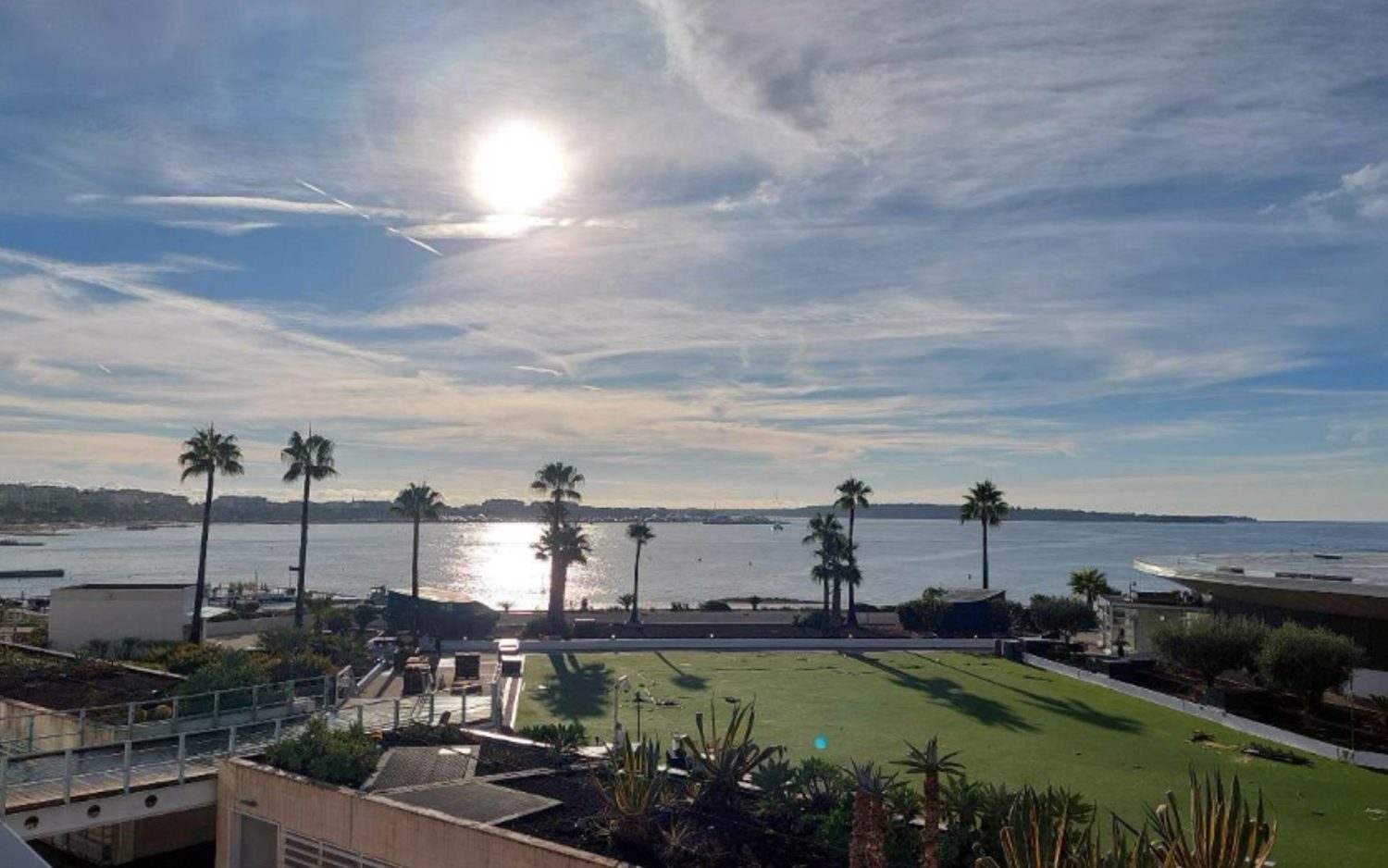AAL at the SilverEco Festival
Showcasing innovation and sharing Lessons to support the next chapter of healthy ageing
The SilverEco Festival in Cannes (20-21 October 2025) brought together innovators, care organisations, municipalities, researchers and companies committed to improving quality of life for older people. Among them, AAL (the Active and Assisted Living Programme) and five companies – Kwido, Anyware Sleep, Eforto, Digirehab, and Revita – took centre stage to demonstrate how research and innovation supported by AAL have translated into real, market-ready products and services that are transforming lives across Europe.
AAL had two clear goals in Cannes for this two-day event: to present the outcomes of its Legacy Study, highlighting key lessons learned from more than 16 years of European cooperation on active & healthy ageing, and to showcase some of the solutions that have successfully made the leap from AAL project to the market.
While the AAL Programme has now concluded in terms of funding, it is still active in this sector, and its impact remains very real. Besides the products and services developed during its funding lifespan, it also helped to establish networks, partnerships and policy frameworks which are still active. These continue to help shape the future of ageing and care through the Transforming Health and Care Systems (THCS) Partnership, which has taken up many of the challenges first identified by AAL.
At the AAL stand, five successful AAL-funded companies joined the team to present their innovations. These were:
- Kwido (PETAL project) – a digital care platform integrating cognitive stimulation, monitoring and analytics to support independent living.
- Anyware Sleep (AAL4ALL project) – a smart home solution monitoring sleep patterns and wellbeing for older adults.
- Eforto (Forto and Forto2.0 projects) – technology to measure and improve grip strength and functional ability.
- Digirehab (Precise project) – digital rehabilitation tools that enhance recovery and physical activity for seniors.
- Revita (COME, GoldUI and MyGuardian projects) – solutions supporting cognitive health, safety and social participation.
Each company had its own booth within the AAL area, allowing visitors to explore hands-on demonstrations, discuss implementation and explore commercial opportunities. Over the two days, the stand attracted dozens of visitors, from consultants and startup founders to technology matchmakers, all eager to learn from AAL’s experience.
Although many visitors were disappointed to hear that the AAL Programme had officially ended, they expressed strong interest in THCS, which is continuing the European healthy ageing agenda, and in the AAL Legacy Study, whose insights are helping shape new policy and innovation directions.
AAL also organised two key activities during the event. First was a workshop, led by AAL’s Dominique Repapis, where Geja Langerveld presented the AAL Legacy. The session drew lively discussion around one recurring topic: prevention. While prevention was not explicit in AAL’s nine societal challenges, themes as independent living, sustaining mobility and social connectedness, addressed in many AAL projects, contributed to preventive approaches in practice. As Langerveld explained, prevention remains a difficult area to address, not for lack of innovation, but due to regulatory, financial and systemic barriers that often complicate implementation.
This conversation underlined the importance of THCS, which is now taking a more structured approach to prevention and health system transformation, areas that AAL helped prepare the ground for.
A pitching session on the main stage followed, featuring all five AAL exhibitors, who each presented their products and services to a broad audience. The pitches were well received and also filmed for ongoing promotion on the SilverEco website, giving the companies a valuable communication asset and extended visibility beyond the event itself.
Kwido: contributing to the dialogue on AI and ageing
Former AAL project PETAL, which launched Kwido, made a lively contribution to the SilverEco Awards and to the high-profile panel “Telecare without borders: AI, sensors and human-centred innovation for ageing at home.”
During the panel discussion, José Ignacio Bartholomé from Kwido and 3 other participants explored how artificial intelligence can play a meaningful role in supporting people to age well at home. Rather than replacing human caregivers, he argued, technology should act as a trusted ally, enhancing care rather than automating it.
The speakers reflected on how shifting social patterns are reshaping the landscape of ageing. As more people grow older without close family nearby, technology can provide vital support for independence and connection. AI, they said, has the potential to act proactively, recognising patterns in daily routines, analysing data to anticipate needs, and enabling timely interventions before problems arise.
Yet, he cautioned, innovation must remain responsible and human centred. True progress depends on empowering caregivers, preserving user autonomy and ensuring that different technologies can communicate and work together. Above all, the speakers emphasised the importance of co-creation: meaningful solutions come from involving older adults and caregivers in the design process from the very beginning.
Impact and feedback
For participating companies, the SilverEco experience was valuable and inspiring. “I truly appreciated the AAL initiative and the warm, inspiring atmosphere among all participants,” said Rudi Tielemans of Eforto. “It was a pleasure to exchange ideas with so many dedicated people committed to ageing well and innovation.”
Revita’s team added: “Thank you very much for giving REVITA the opportunity to be part of this Festival. I hope it will lead to new business opportunities.”
Anyware Sleep’s representative, Nicolas Turpault, described the experience as “a great bunch of good solutions and amazing founders.”
Finally, Dominique Repapis summarised the event for AAL after it closed. “People are eager to learn from what AAL achieved, not just the technologies developed, but the way we built a European ecosystem around ageing well,” she said. “The AAL Programme may have stopped funding new projects, but our story and the impact we have made clearly lives on.”

